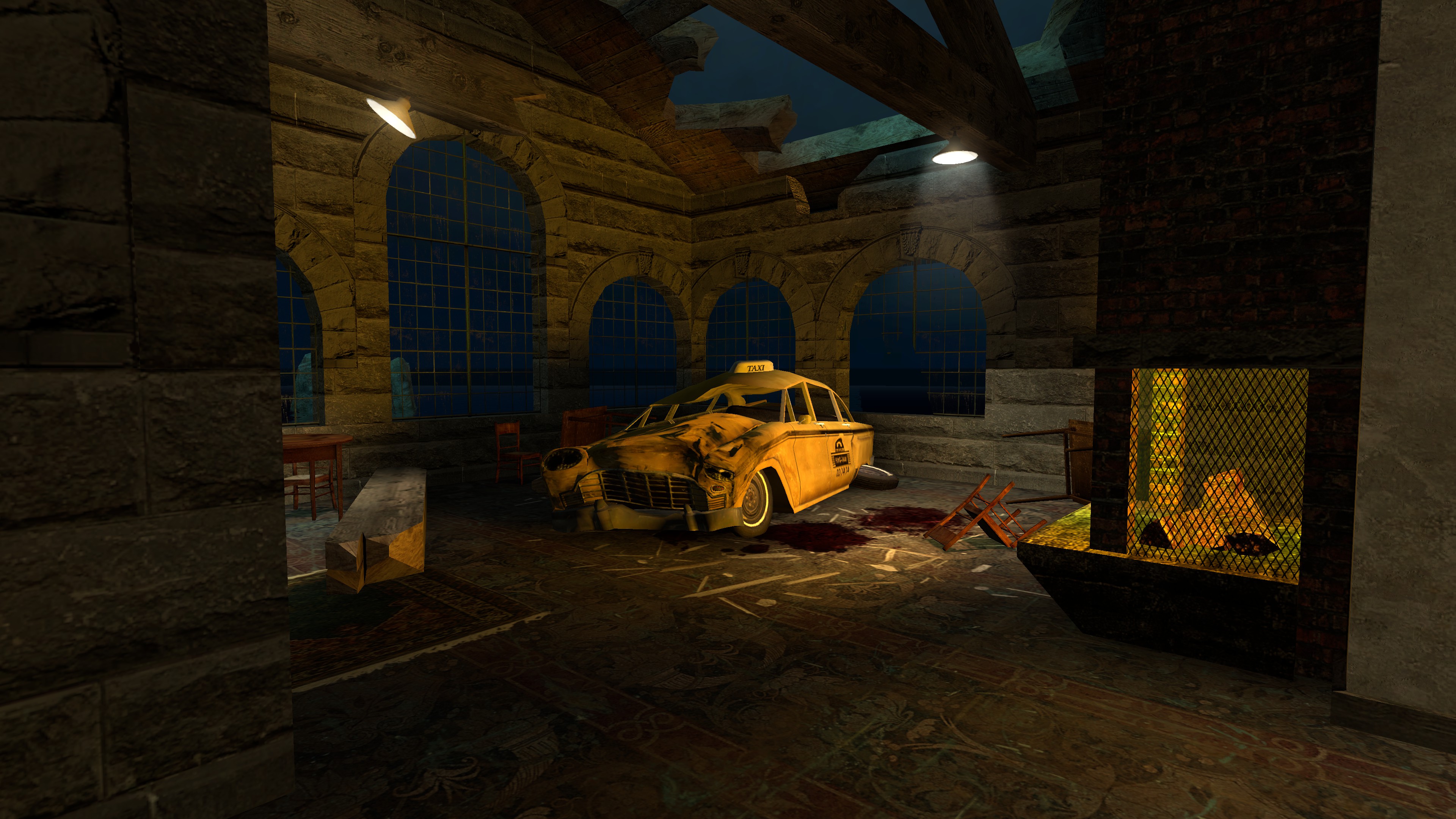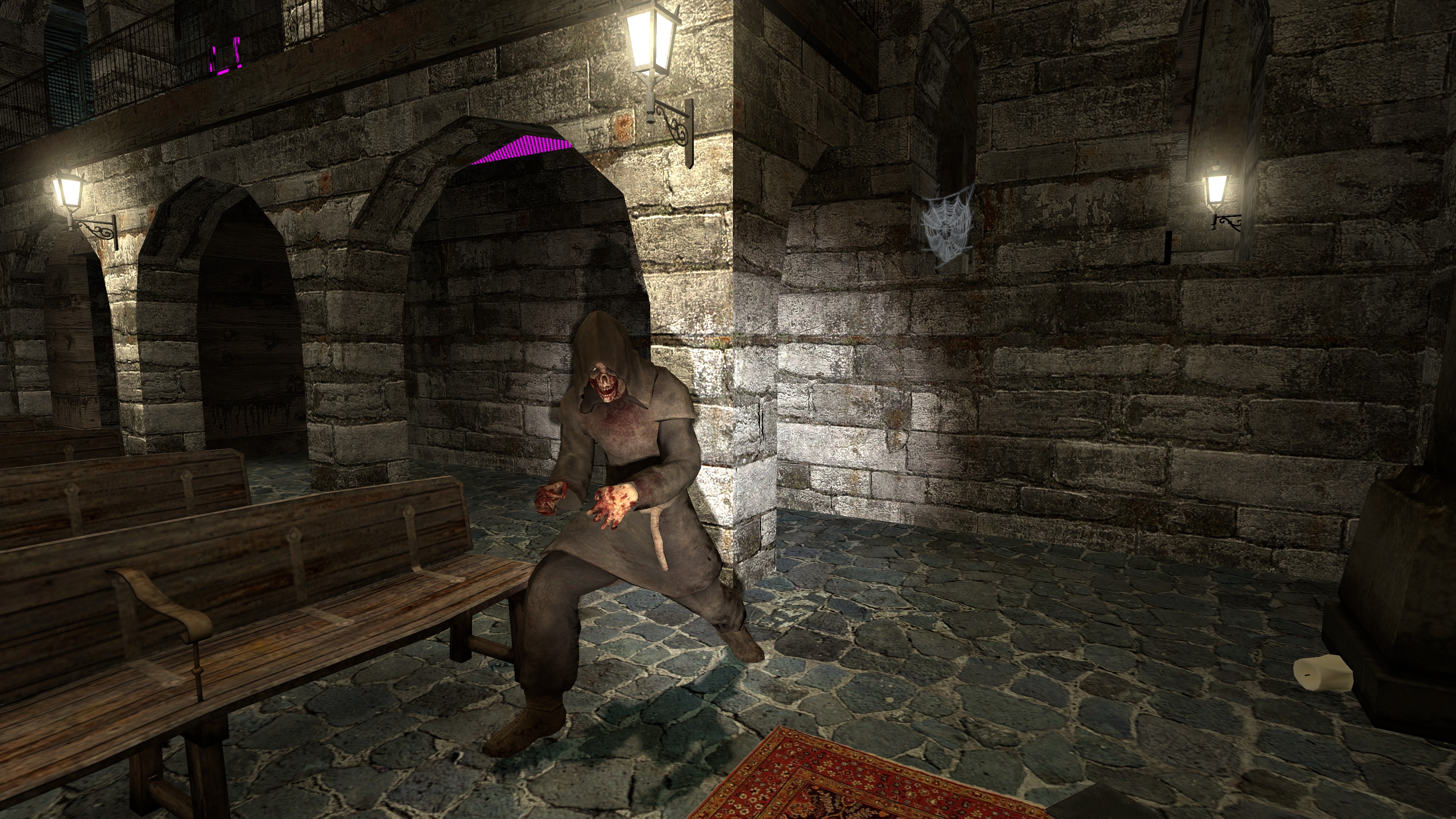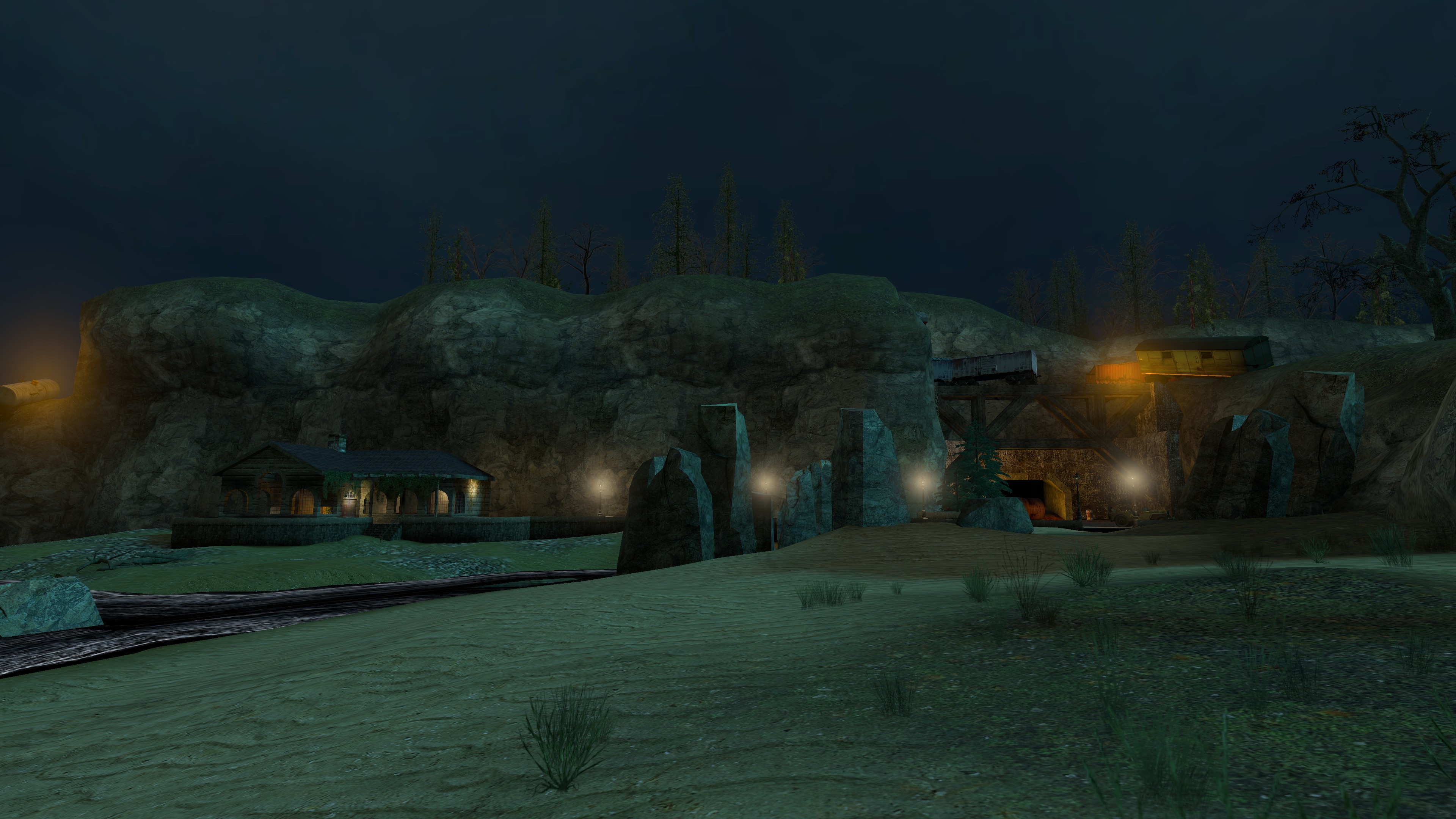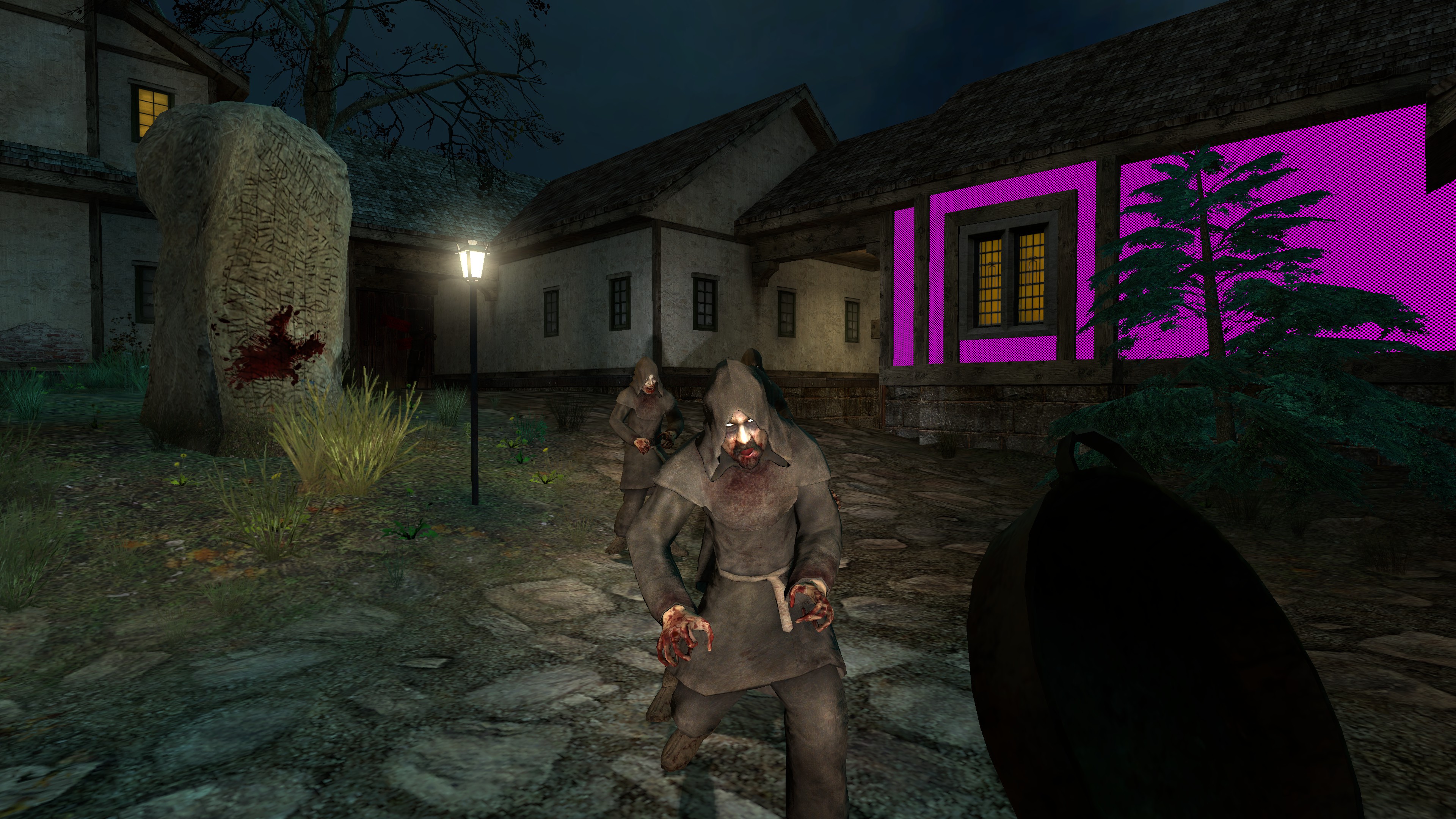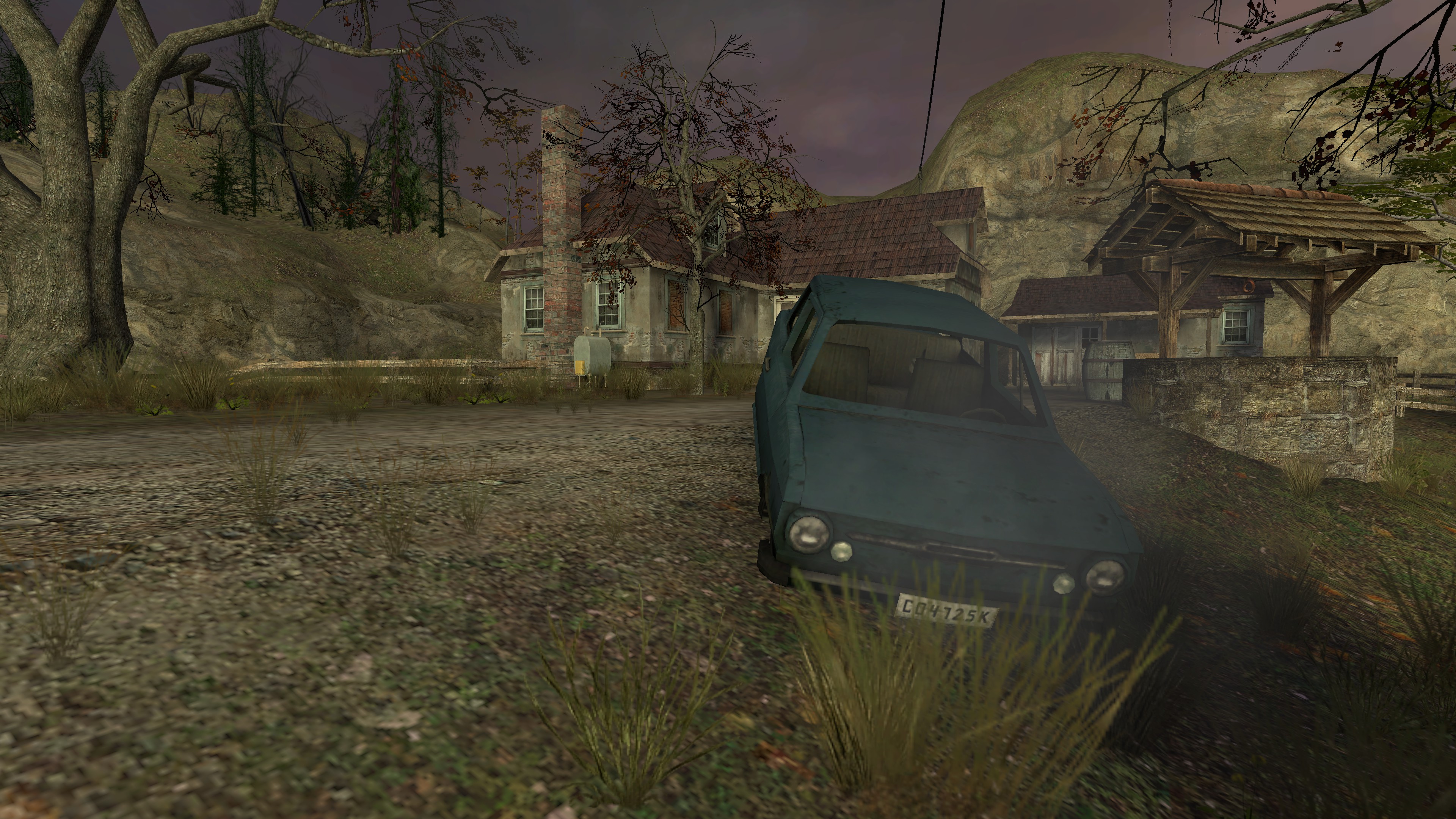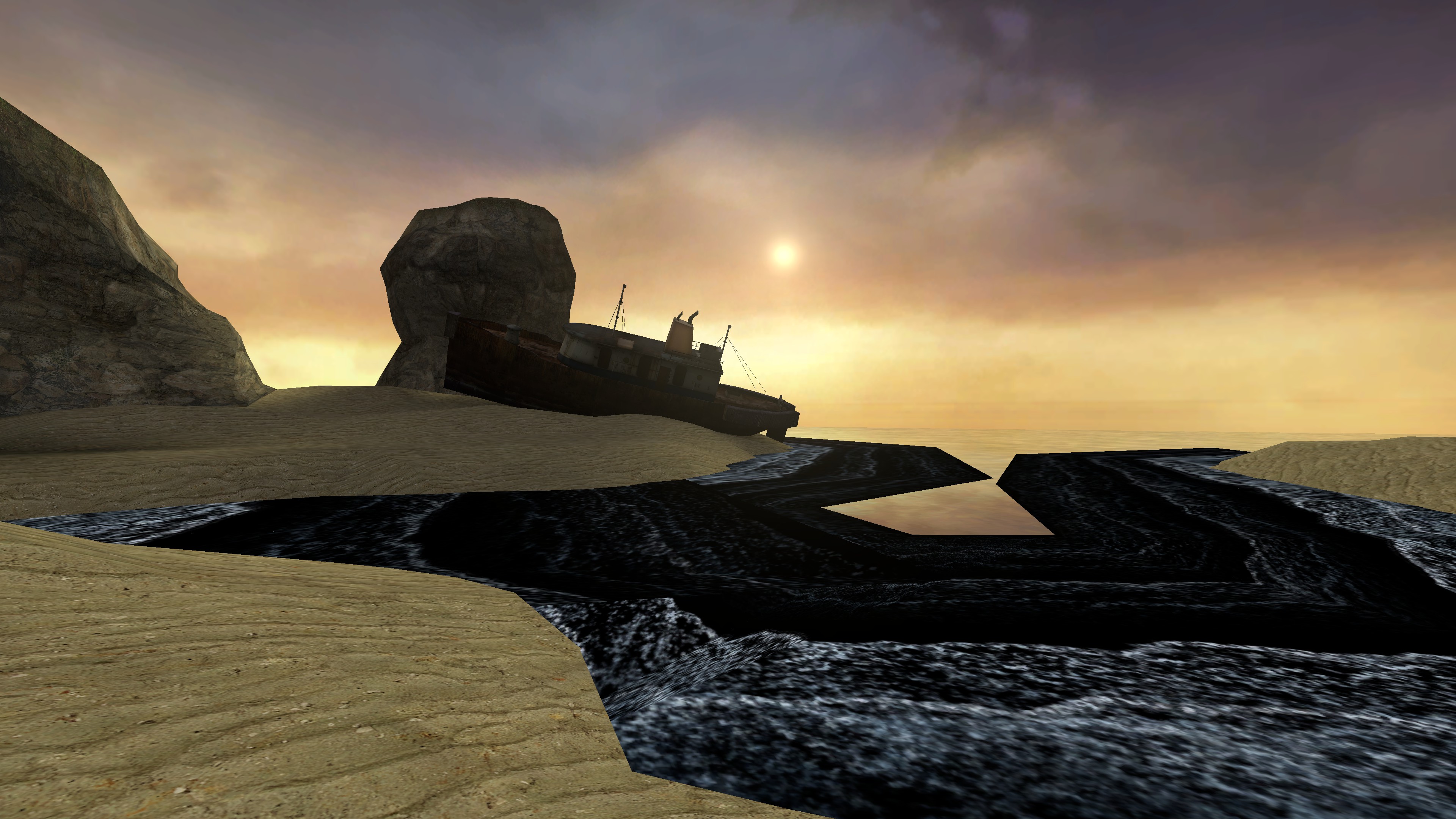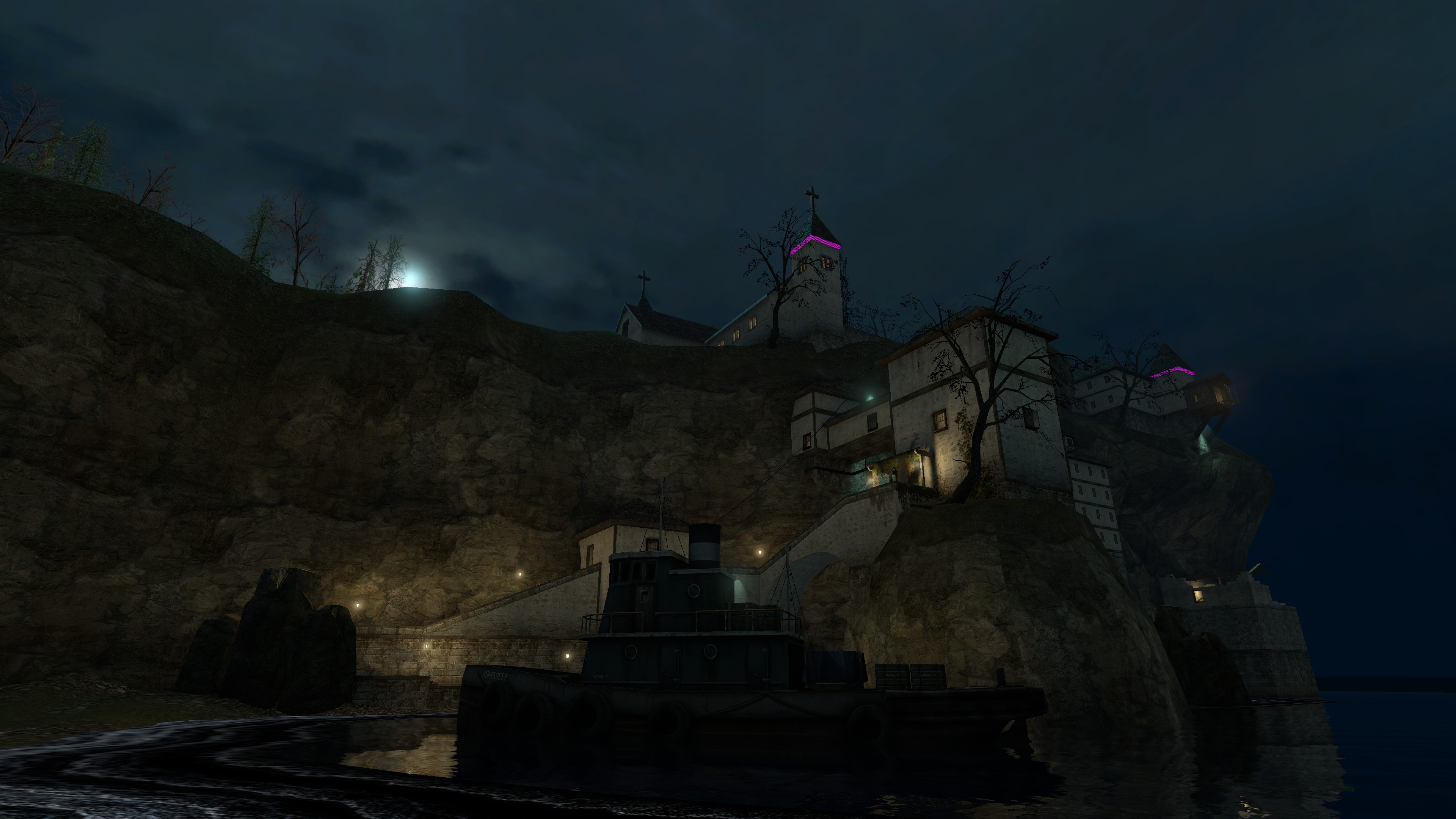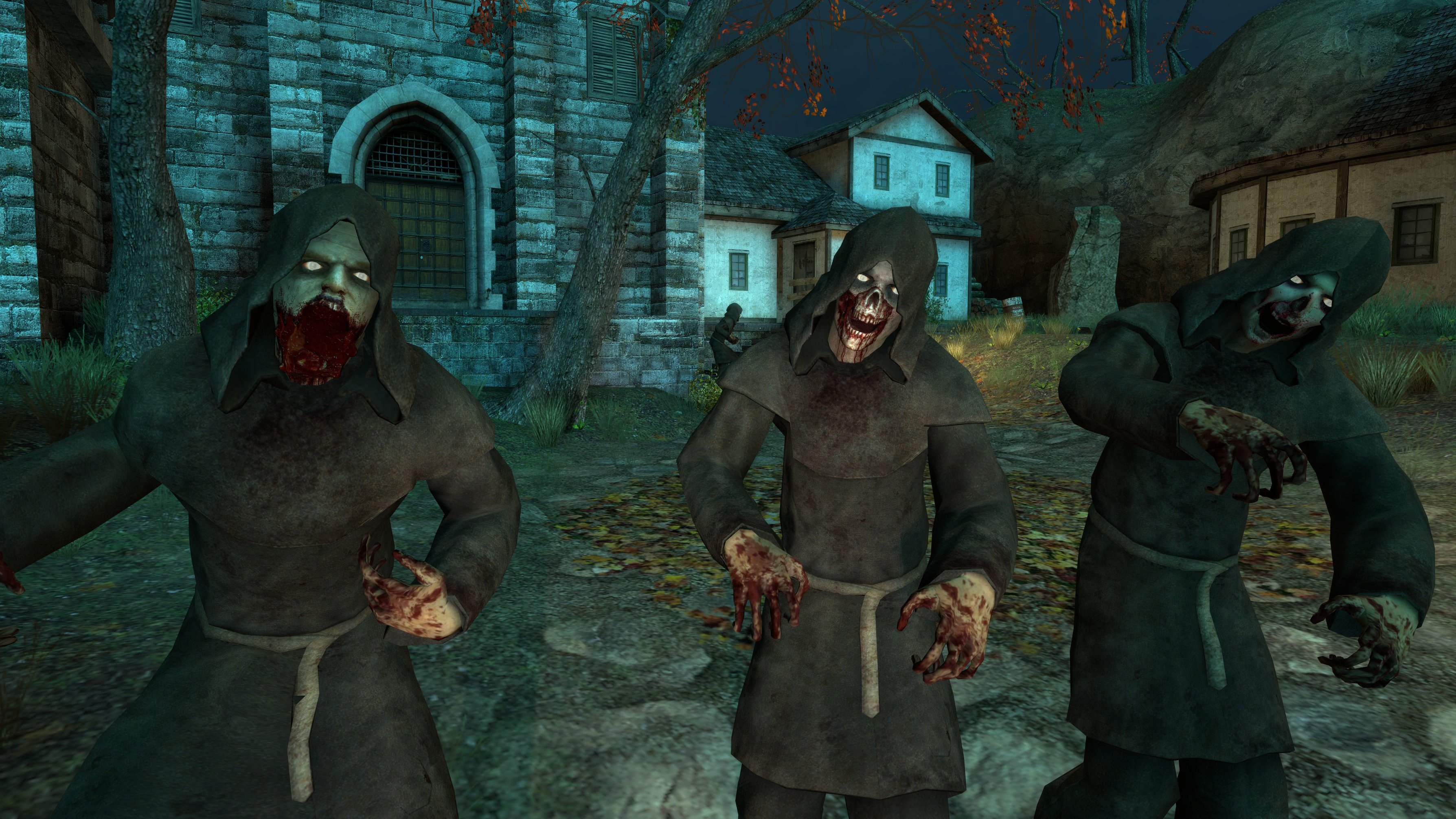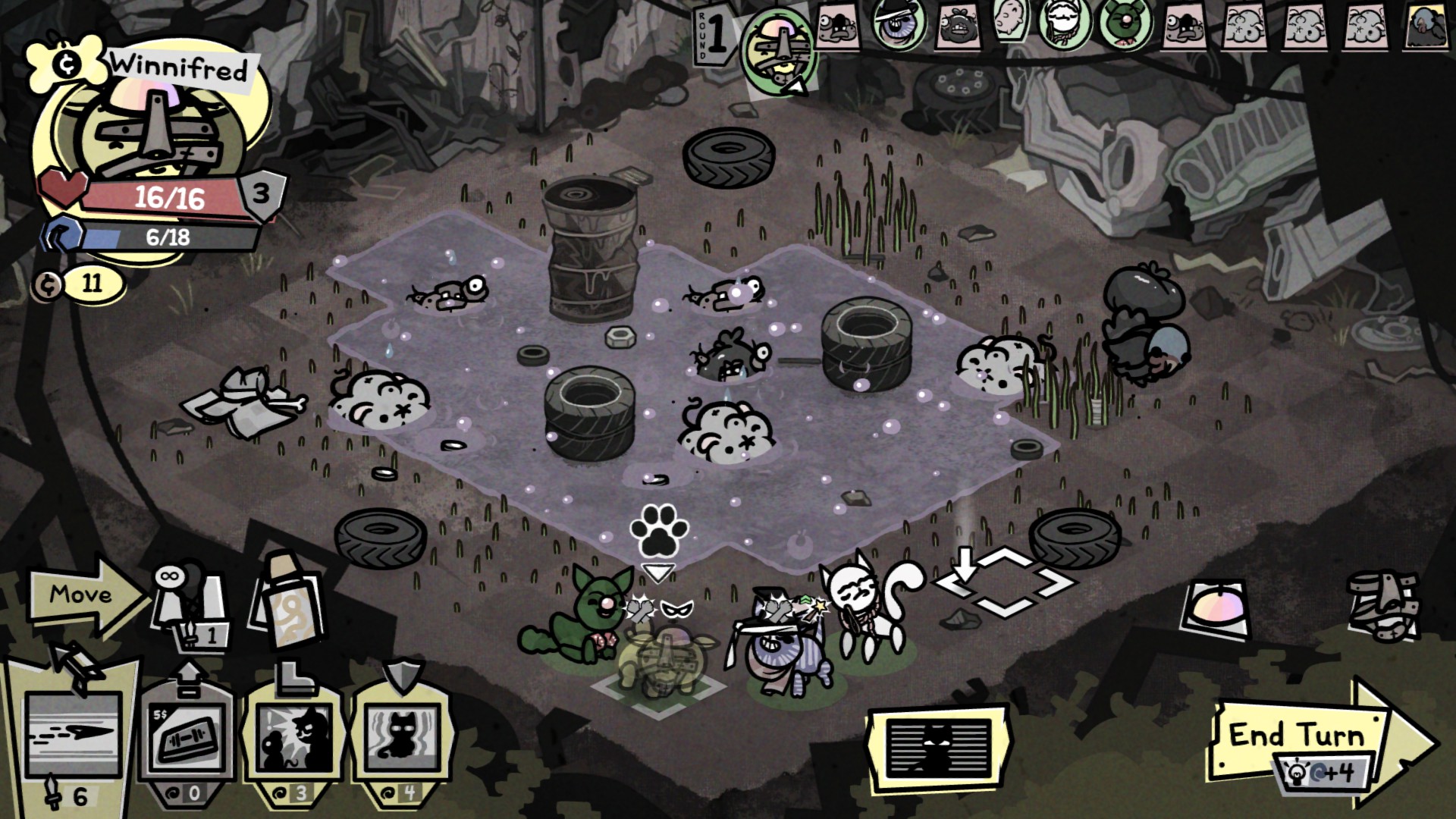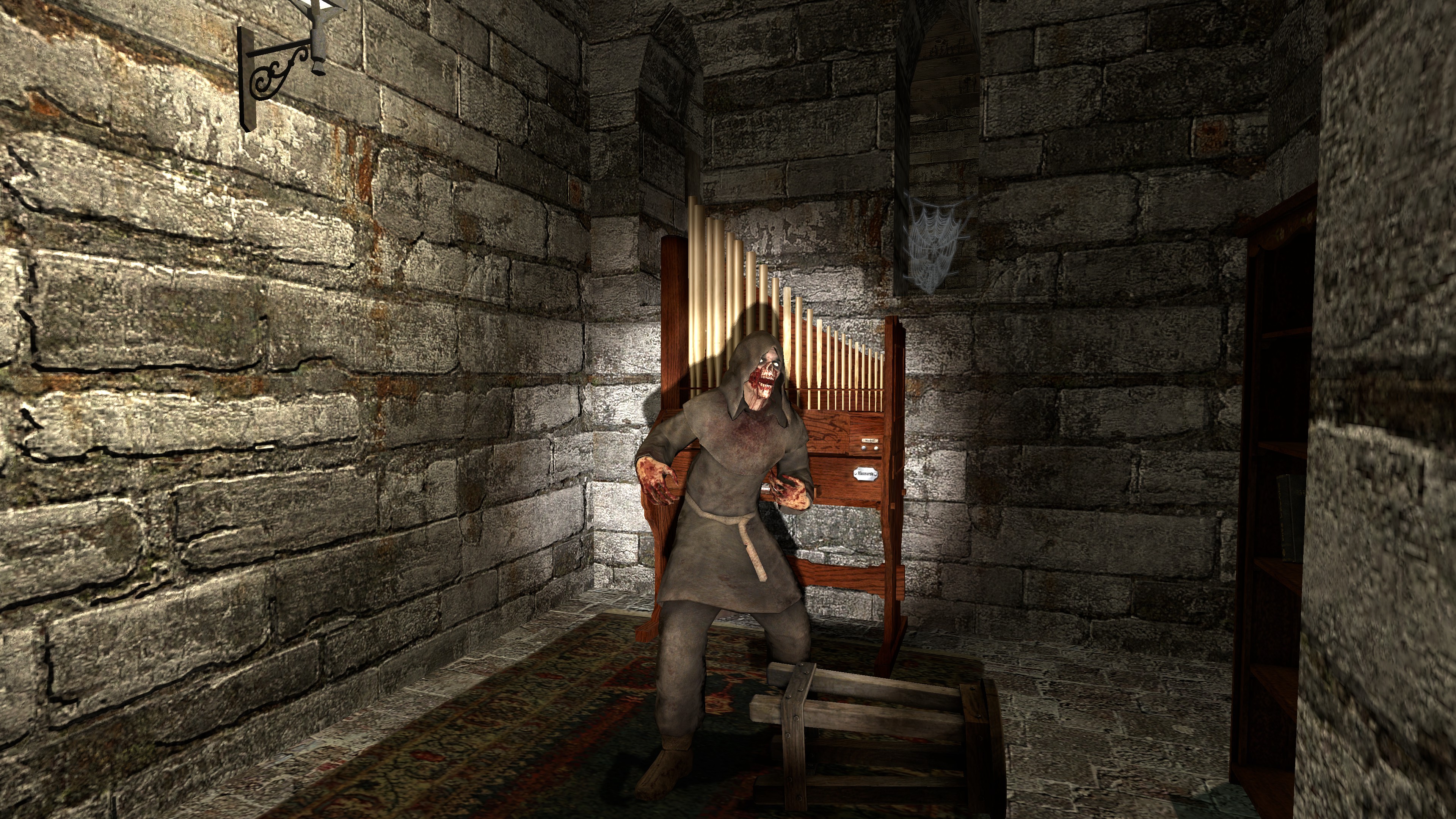
Keep up to date with the most important stories and the best deals, as picked by the PC Gamer team.
You are now subscribed
Your newsletter sign-up was successful
Want to add more newsletters?

Every Friday
GamesRadar+
Your weekly update on everything you could ever want to know about the games you already love, games we know you're going to love in the near future, and tales from the communities that surround them.

Every Thursday
GTA 6 O'clock
Our special GTA 6 newsletter, with breaking news, insider info, and rumor analysis from the award-winning GTA 6 O'clock experts.

Every Friday
Knowledge
From the creators of Edge: A weekly videogame industry newsletter with analysis from expert writers, guidance from professionals, and insight into what's on the horizon.

Every Thursday
The Setup
Hardware nerds unite, sign up to our free tech newsletter for a weekly digest of the hottest new tech, the latest gadgets on the test bench, and much more.

Every Wednesday
Switch 2 Spotlight
Sign up to our new Switch 2 newsletter, where we bring you the latest talking points on Nintendo's new console each week, bring you up to date on the news, and recommend what games to play.

Every Saturday
The Watchlist
Subscribe for a weekly digest of the movie and TV news that matters, direct to your inbox. From first-look trailers, interviews, reviews and explainers, we've got you covered.

Once a month
SFX
Get sneak previews, exclusive competitions and details of special events each month!
Weird Weekend is our regular Saturday column where we celebrate PC gaming oddities: peculiar games, strange bits of trivia, forgotten history. Pop back every weekend to find out what Jeremy, Josh and Rick have become obsessed with this time, whether it's the canon height of Thief's Garrett or that time someone in the Vatican pirated Football Manager.
If you followed the Half-Life modding scene at the turn of the Millennium, you undoubtedly encountered They Hunger. Developed by Black Widow Games and released as a PC Gamer exclusive on demo discs in 2000, They Hunger took the tech and design tenets of Half-Life and transposed them to an all-new zombie horror adventure. Delivering a near-professional grade experience, it's one of the best singleplayer Half-Life mods ever made, a thrilling and often deeply weird survival horror game created at a time when zombies were still relatively novel.
They Hunger was the last singleplayer experience Black Widow Games created. This wasn't meant to be the case. Between 2005 and 2008, the studio worked on a sequel to its Half-Life mod titled They Hunger: Lost Souls. A new zombie adventure built in Half-Life 2's revolutionary Source engine, Lost Souls was Black Widow Games' first commercial project after years developing mods on contract.
Yet the studio, which was composed of modders from all over the world, never finished Lost Souls. Moreover, the reasons why remain a mystery. Within this void of information, strange conjecture arose regarding the fate of the project, and in particular its elusive design lead, Neil Manke. Then, a few years ago, two unfinished playable alphas appeared, giving players the chance to explore a small chunk of what Black Widow Games had planned.
Having been fascinated by Lost Souls for years, I decided to try to figure out what happened to Black Widow's ill-fated project, and give those unfinished alphas a whirl. And while there are still some mysteries to be solved, I can at least tell you how the story of They Hunger: Lost Souls came to its untimely end.
Dead hungry
They Hunger: Lost Souls was revealed to the world on October 19, 2005. Set in north-eastern Europe during the 1960s, players would assume the role of a tourist caught in a zombie outbreak after an accident in which the taxi carrying the tourist is run off the road by a steam train. Black Widow Games intended to release Lost Souls in an episodic fashion, with the first episode initially taking place in a monastery and lasting 4-5 hours.
While hardly a radical game concept today, in the mid-2000s Lost Souls still had novelty on its side. The game was in production a full three years before Valve would release its own cooperative zombie shooter Left 4 Dead, and was originally scheduled to release the year before.
Moreover, They Hunger strove to provide a more immersive experience than other zombie shooters, designed to be entirely HUD-less. Health would be tracked by a "Bio-Monitor" strapped to the player character's wrist, and they could only check their ammo count by pulling out the clip of their weapon and looking at it.
Keep up to date with the most important stories and the best deals, as picked by the PC Gamer team.
Black Widow Games also had a proven track record as one of Half-Life's best modding teams. Neil Manke was a notable figure in the Half-Life mod scene, referred to by IGN as "The Spielberg of video game level design." While hyperbolic to say the least, Manke's talents were nonetheless respected among Half-Life modders.
"Neil Manke had been well known as a top Half-Life mapper since USS Darkstar," says Daniel Fearon, also known as Sven Viking, the creator of legendary Half-Life mod Sven Co-op. Fearon worked with Black Widow Games on a project to adapt the original They Hunger for cooperative play, and later, alongside his brother Nathan, became involved in the Lost Souls project. "I likely saw the initial announcement of Lost Souls on Blue’s News or similar. It was fairly highly anticipated. I think I suggested to Nathan to apply for one of their job openings," he says.
The reason Lost Souls was a commercial project, rather than a mod like They Hunger, was explained by Manke when the game was revealed. "Next generation game engines are so complex and detailed that we would never be able to invest so much time and resources for such an ambitious project any other way," Manke said in the announcement preserved on Black Widow Games' website (which today is hosted on the Sven Co-op website). "Right now we are still working out the pricing and distribution options, but our goal is a low-cost alternative so it can be available for just a fraction of other commercial games."
According to Black Widow Games' website, Lost Souls was 75% complete at the time of its reveal. By April 2006, it had allegedly entered alpha, and was "very close to release" as of October that same year. Then, in January 2007, Black Widow Games issued a post titled "Alive and kicking" in which it apologised for development "taking so long" and assured readers Lost Souls was not cancelled. "After investing so much time and effort on this project, it would make no sense to cancel it at the final stages of development."
This was the last time Black Widow Games addressed the state of development directly. The remaining updates on the website simply highlight coverage of Lost Souls in magazines and websites. The last of these posts arrived on February 7, 2008.
This represents the end of official information appearing about the project. Lost Souls was never formally cancelled, and from an outside perspective, seems to have simply petered out. What is curious, though, is the silence surrounding the project. Following his work on Lost Souls, Manke appears to have fallen out of game development completely, while none of its designers have spoken much about the project since.
Mystery meat
In this absence of knowledge, speculation filled the gap. In 2019, a post appeared on The Dark Mod forums by a user calling themselves Kurshok. In this post, Kurshok claims the reason behind Lost Souls' collapse is that Neil Manke "fell deathly ill," which caused production to halt. "Since Neil was the leader of the international BWG," they continued, "and most had never met in person, the whole studio later disbanded."
Kurshok further claimed that he attempted to contact Manke by telephone, and spoke to someone who claimed to be Neil Manke's cousin. In addition, he stated that Lost Souls' project manager, Einar Saukas, had lost touch with Manke and had been trying to reinstate contact. Finally, in reply to the thread from 2021, Kurshok claimed that Saukas succeeded in getting in touch with Manke, and this is what led to the release of the unfinished alphas.
It's hard to know what to make of Kurshok's post, as they provide no supporting evidence for their claims. I attempted to contact Saukas, as well as various other members of the Black Widow Games team, to see if they could verify any of these claims or discuss the project in general.
Most of the designers I contacted did not respond. One that did, however, is Nathan Fearon. Based in New Zealand, Fearon has worked on various game development projects with his brother Daniel, and is also a professional magician. On They Hunger: Lost Souls, he worked primarily as an animator. "I started off animating weapons and ended up doing the animating and rigging for everything, I believe, along with other stuff like playtesting."
Fearon told me that he is still under a non-disclosure agreement for They Hunger: Lost Souls, and that he believes "everyone on the team was NDA'd," which may explain why so little information has emerged about the project since. In this instance, however, Fearon says he is limited in what he can say more by his memory than any legal restrictions. "I don't know that much myself, and I've forgotten a lot of details."
Fearon doesn't know what happened to Manke. But he does respond to some of the statements made by Kurshok. For example, Kurshok claims the game was 80% complete when the project collapsed. But Fearon believes "it was even closer than that, although sorting out the final bugs can take longer than expected."
Moreover, regarding the leaked alphas available on ModDB, Fearon believes that "it's missing a lot, like the flinching animations, so the zombies aren't stunned/don't react when you hit them, which would make it a lot less fun to play." He adds that "I believe all of that was finished in the latest version, and it was a lot of fun to play." In other words, the alphas don't represent what Lost Souls looked like at the time of its cancellation.
Beyond this, Fearon was unable to provide much detail. But he put me in touch with Daniel, his brother, to discuss the Sven Co-op team's role on They Hunger: Lost Souls. Daniel has more detailed recollections about Lost Souls.
Like his brother, Daniel had little direct contact with Manke, though he says Manke "seemed like a good guy". Instead, Daniel communicated mainly with Saukas, who he had a relationship with from his time adapting the original They Hunger for Sven Co-op. "A while after the Lost Souls development stalled, Einar talked to me and we made a plan to invite Sven Co-op developers to help finish the project (especially later episodes) once various groundwork was prepared," he says. "Ultimately, it didn't get that far."
Hungry for more
Daniel doesn't know what happened to Manke, simply finding out one day he was no longer on the project. "I'd heard earlier rumours that he was going through personal problems, but I don't know where they originated."
He does, however, recall the state of They Hunger toward the project's end. "If I remember correctly, environments for all of [the episodes] had been completed by Neil. The art and gameplay systems were almost entirely complete, but most sequences related to the story were missing, and gameplay design (e.g. enemy placement) beyond the first episode was mostly not started. The story information I was given was fairly sparse. I think at least some voice recording had been done."
Daniel also remembers several major elements from episode one that were likewise yet to be completed. These included a "scripted vehicle sequence for the intro where a taxi driver would give some exposition before crashing, and a boss fight with a zombified bishop that I think was to be the end of the first episode." For this latter sequence, Daniel believes that "Einar was working on code allowing him to throw dynamite at the player from a roof."
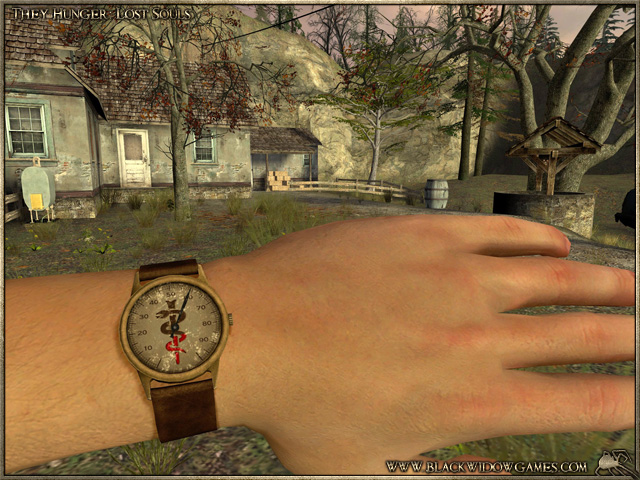
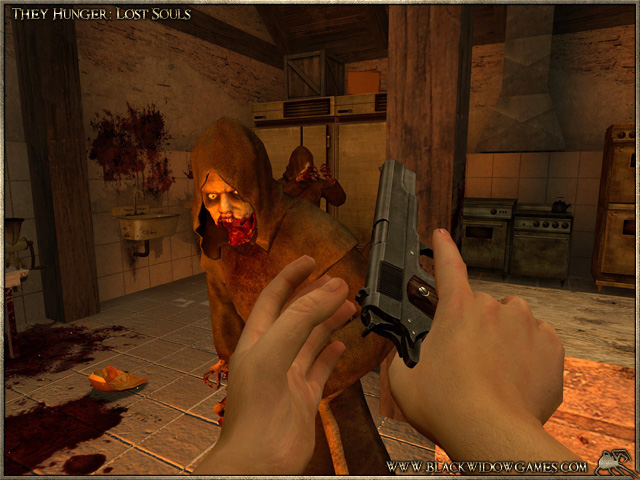
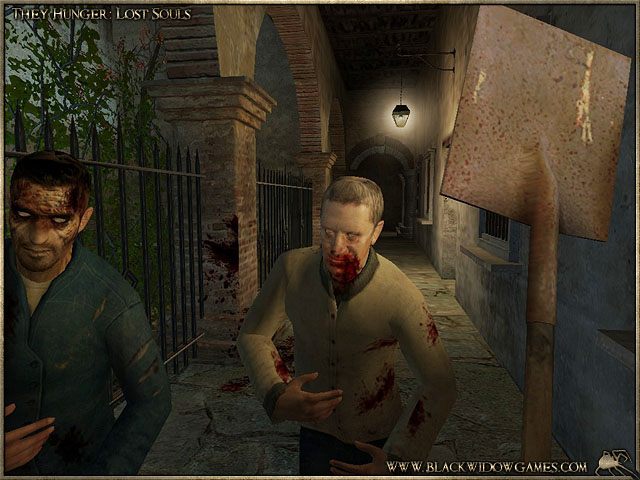
Originally, Daniel's plan was simply to help organise and manage the remaining development, leaving creative decisions to Saukus. "I got various game files set up with version control in preparation for bringing in more people, started compiling lists of bugs and tasks remaining." But over time, Daniel says it became "increasingly difficult" to contact Saukus who was based in Brazil. "It seemed as if he had a lot going on in real life."
There was a moment where Daniel considered taking the reins of Lost Souls. "I briefly considered flying to South America to try to work out a deal to actually take full control of the project." Ultimately though, this wasn't a responsibility that he wanted. "In the end, I just decided to see how long it'd take for him to respond to me if I stopped nagging, and he never did."
Daniel emphasises that this "didn't seem normal" for Saukus. "He'd been great to work with when he was more available and just a really nice guy," he explains. "I'm honestly not sure what went wrong. It was sad for everyone involved." Daniel says that Saukus did eventually get back in touch, but this was "years later on unrelated matters."
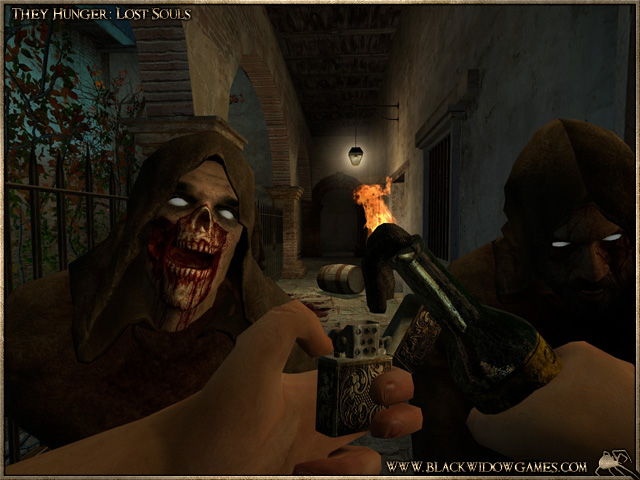
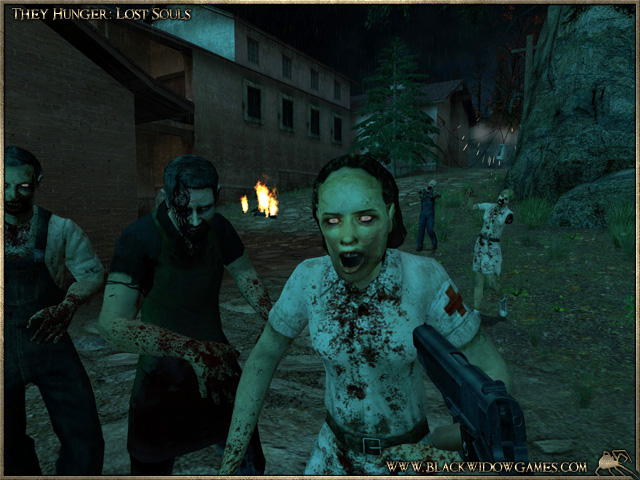
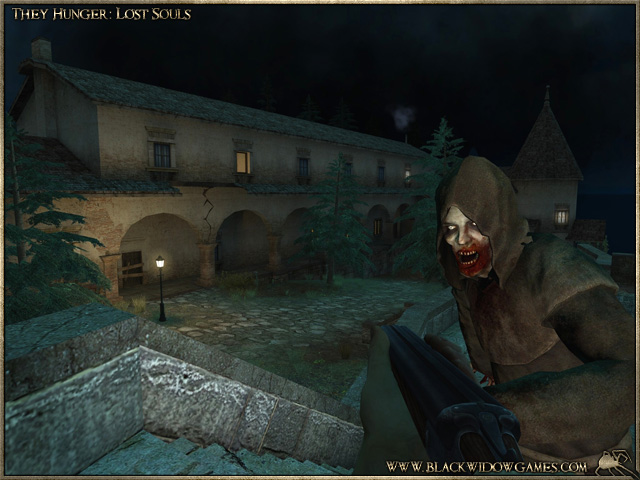
Although we still don't know precisely why Manke left the project, we can at least say what happened to Lost Souls. With its creative lead departing the project, Saukas breaking contact, and Daniel Fearon disinclined to take on the burden of seeing it to the finish, the project simply fizzled out, as the updates to its website suggest.
The alphas provide some sense of what Lost Souls might have been. While they're not especially fun to play, primarily due to the combat being unfinished, as mentioned by Nathan Fearon, the included levels nonetheless conjure an atmosphere of dread. The ink-black waters surrounding the cliffs upon which the monastery is built, the carefully deployed audio effects, like the creak of a moored tugboat and the distant clang of an offshore buoy—there's an eeriness to the game's spaces that elaborates on the bleak mood of Half-Life 2's Ravenholm.
There is also a chance, albeit vanishingly small, that a more complete build of Lost Souls still exists. On ModDB, there is an indefinitely postponed project called They Hunger: Lost Souls ReBuild, one of those projects which attempts to reconstruct a cancelled or unfinished game in playable form. The final update on the project, by Russian modder Kirill Davydkin, details why, just like the original Lost Souls, it will not be completed.
Yet within this post, Davydkin claims that he emailed Neil Manke to ask for source files. And Manke, according to Davydkin, responded:
Hi Kirill, There is no build for Lost Souls out there. All that could be out there is partial, incomplete stuff. Only Einar and I had the full game. And, I no longer have the game.
Cyas,
~n "
If this email is genuine, then it suggests Saukas may have a more complete build of the game; one which, though still unfinished, may provide a broader overview of where Lost Souls may have taken players, and what challenges they might have faced.
But even if this build still exists, it will still be unfinished, with later chapters likely comprising empty environments if Nathan Fearon's recollection is accurate. While there may still be some elements of the story to uncover, they won't change the fact They Hunger: Lost Souls will remain forever lost.
Rick has been fascinated by PC gaming since he was seven years old, when he used to sneak into his dad's home office for covert sessions of Doom. He grew up on a diet of similarly unsuitable games, with favourites including Quake, Thief, Half-Life and Deus Ex. Between 2013 and 2022, Rick was games editor of Custom PC magazine and associated website bit-tech.net. But he's always kept one foot in freelance games journalism, writing for publications like Edge, Eurogamer, the Guardian and, naturally, PC Gamer. While he'll play anything that can be controlled with a keyboard and mouse, he has a particular passion for first-person shooters and immersive sims.
You must confirm your public display name before commenting
Please logout and then login again, you will then be prompted to enter your display name.
